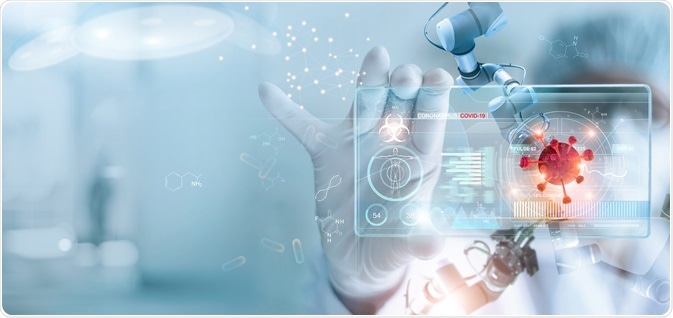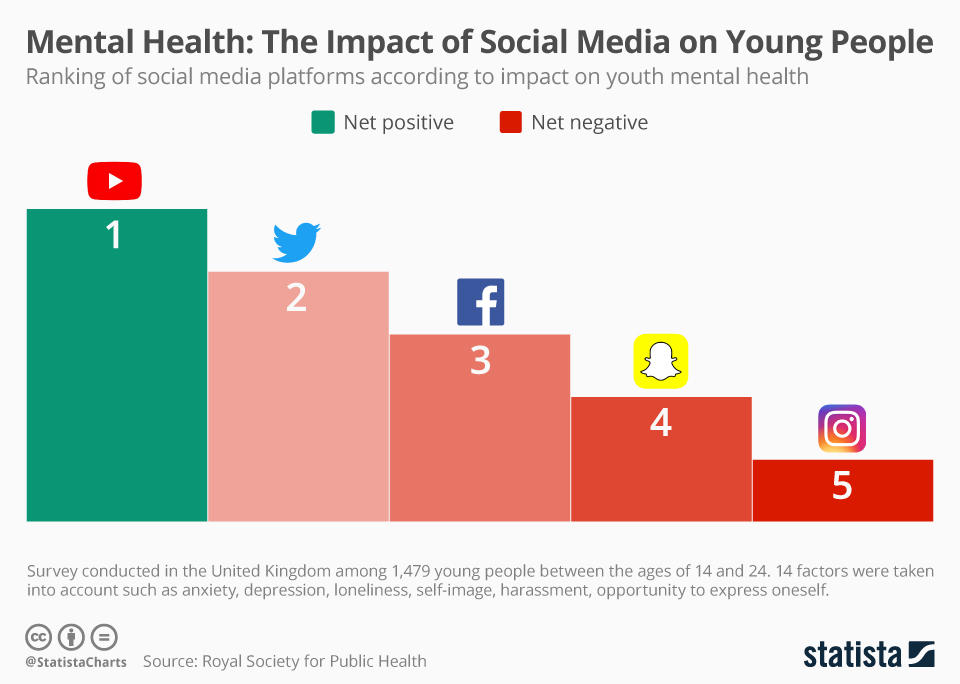Introduction
The world of healthcare is in a state of rapid transformation, driven by groundbreaking discoveries and technological innovations. These developments are not only changing the way we approach medical treatment but also promising a future where diseases can be prevented, diagnosed, and treated more effectively than ever before. In this article, we will explore the most exciting medical breakthroughs that are shaping the future of healthcare.
- Artificial Intelligence in Healthcare
Artificial Intelligence (AI) is revolutionizing healthcare in numerous ways. Machine learning algorithms are being used to analyze vast datasets of patient information, leading to more accurate diagnoses and personalized treatment plans. AI-powered chatbots and virtual nurses are also improving patient engagement and providing immediate support. Moreover, AI is aiding in drug discovery by predicting potential drug candidates and their effects, drastically reducing the time and cost involved in developing new medications.
- Telemedicine and Remote Monitoring
Telemedicine has gained significant traction, especially in the wake of the COVID-19 pandemic. It allows patients to consult with healthcare professionals remotely, increasing access to medical care, especially in underserved areas. Remote monitoring devices are becoming more sophisticated, enabling patients to track their vital signs and share real-time data with healthcare providers. This not only enhances patient care but also reduces hospital admissions and healthcare costs.
- Precision Medicine
Precision medicine is a revolutionary approach to healthcare that tailors medical treatment to an individual’s unique genetic makeup, lifestyle, and environment. Advances in genomics and molecular biology have made it possible to identify specific genetic markers and biomarkers associated with various diseases. This information is used to develop targeted therapies that are more effective and have fewer side effects. Precision medicine is particularly promising in the treatment of cancer, where therapies can be customized to target the specific genetic mutations driving the disease.
- CRISPR and Gene Editing
CRISPR-Cas9 is a groundbreaking gene-editing technology that has the potential to cure genetic diseases at their root. It allows scientists to precisely edit the DNA of living organisms, including humans. While the ethical implications of gene editing are still being debated, it holds immense promise for the treatment of genetic disorders like sickle cell anemia and cystic fibrosis. Additionally, CRISPR-based therapies are being explored as a means to combat infectious diseases and even some forms of cancer.
- 3D Printing in Medicine
3D printing technology is being harnessed to create custom-made implants, prosthetics, and even organs. This not only reduces the cost of such devices but also ensures a perfect fit for the patient. The ability to 3D print organs holds the potential to solve the organ transplant shortage crisis. Researchers are actively working on printing functional human organs using a patient’s own cells, reducing the risk of rejection.
- Wearable Health Tech
Wearable devices, such as smartwatches and fitness trackers, have become commonplace. These devices not only monitor basic health metrics like heart rate and steps taken but also offer more advanced features like ECG monitoring and sleep tracking. As technology advances, these wearables are becoming more sophisticated, providing early warning signs for various health conditions and helping individuals take proactive steps to maintain their health.
- Nanomedicine
Nanotechnology is making waves in medicine through the development of nanoparticles that can deliver drugs directly to diseased cells. These nanoparticles can target cancer cells while sparing healthy tissue, minimizing side effects. Nanomedicine is also being explored for targeted drug delivery in neurodegenerative diseases and cardiovascular conditions. The precise nature of nanoscale materials allows for more effective and efficient treatment options.
- Healthcare Robotics
Robots are increasingly being used in healthcare settings to assist with surgeries, perform repetitive tasks, and even provide companionship to patients. Surgical robots offer greater precision and less invasive procedures, leading to quicker recovery times. Robots are also being used in physical therapy and rehabilitation to assist patients in regaining mobility and strength. As technology improves, we can expect to see even more applications for healthcare robotics.
Conclusion
The future of healthcare is filled with promise, thanks to the incredible medical breakthroughs and technological advancements that are currently underway. From the power of artificial intelligence to the precision of gene editing and the potential of 3D-printed organs, these innovations are reshaping the way we approach health and medicine. As these technologies continue to evolve, they hold the potential to make healthcare more accessible, affordable, and effective for people all over the world. Embracing these advancements and staying informed about the latest developments in healthcare is key to ensuring a healthier future for us all.





